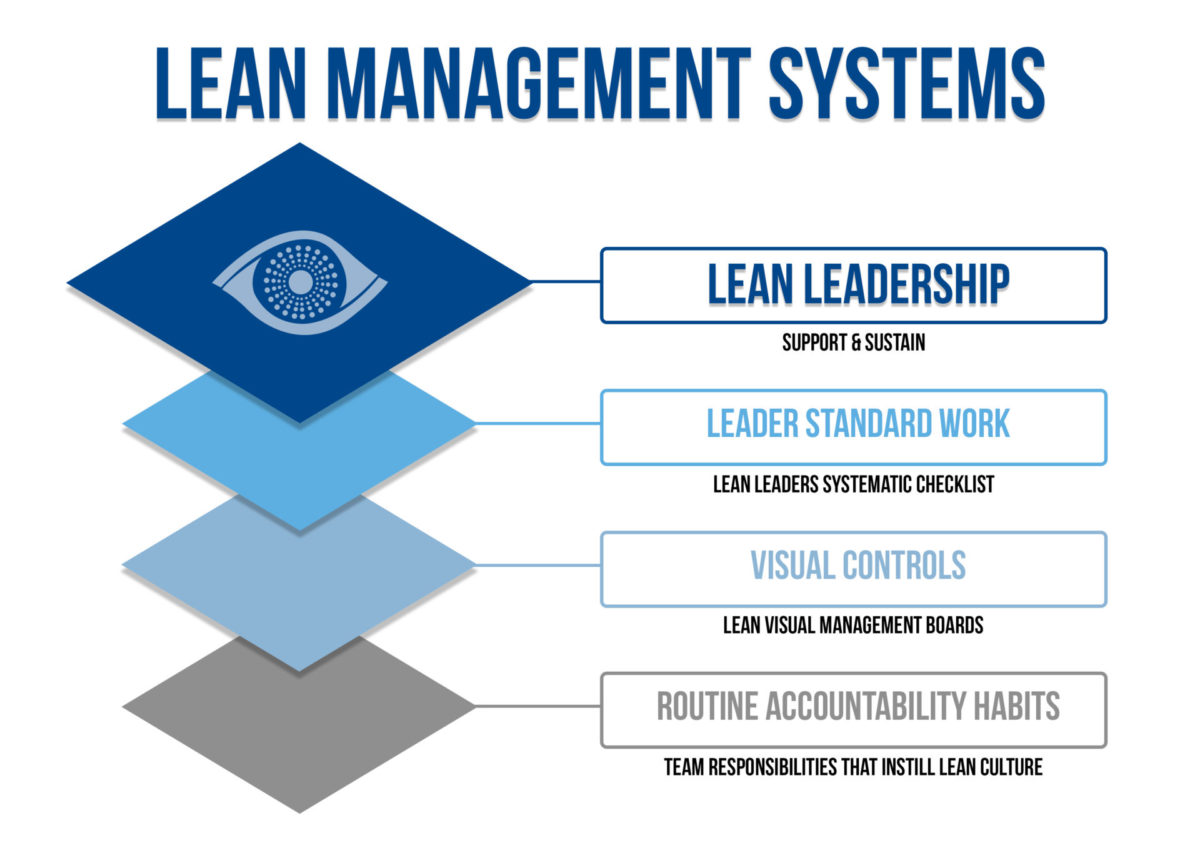Lean Team Management
What is Lean Team Management?
Definition:
Lean Team Management is a systematic approach to managing teams that focuses on minimizing waste, optimizing processes, and maximizing value to achieve efficiency and continuous improvement. It is derived from Lean Manufacturing principles and is designed to enhance productivity, quality, and employee satisfaction in various organizational settings.
Analogy:
Imagine Lean Team Management as a well-tuned orchestra. Each musician (team member) has a specific role and contributes to the overall harmony (efficiency and productivity) of the performance. The conductor (manager) ensures that everyone works in unison, eliminating any discord (waste) and focusing on delivering a flawless performance (maximized value).
Further Description:
Lean Team Management involves several key principles and practices aimed at streamlining processes, fostering collaboration, and empowering team members. Here are some core aspects:
Value Stream Mapping: Identifying all the steps in a process and visualizing them to pinpoint areas where waste occurs and opportunities for improvement exist.
Continuous Improvement (Kaizen): Encouraging small, incremental changes that collectively lead to significant improvements over time.
Empowering Employees: Giving team members the authority and responsibility to make decisions and improvements within their work area.
Just-In-Time (JIT): Ensuring that resources and materials are available only as needed, reducing inventory costs and waste.
Standardized Work: Creating and following consistent procedures to ensure quality and efficiency.
Visual Management: Using visual tools and indicators to make information easily accessible and processes transparent.
Types of Lean Team Management:
Agile Teams: Small, cross-functional teams that work iteratively to deliver products or services quickly and efficiently.
Six Sigma Teams: Teams that focus on reducing variability and defects through data-driven problem-solving techniques.
Scrum Teams: Agile teams that work in short, time-boxed cycles (sprints) to incrementally develop products or solutions.
Key Components of Lean Team Management:
Team Roles: Clearly defined roles and responsibilities to ensure accountability and efficient workflow.
Communication Tools: Platforms and methods for effective communication, such as daily stand-up meetings and collaboration software.
Performance Metrics: Key performance indicators (KPIs) to measure progress and identify areas for improvement.
Feedback Loops: Regular feedback mechanisms to gather input from team members and stakeholders for continuous refinement.
Lean Tools: Techniques such as 5S (Sort, Set in order, Shine, Standardize, Sustain), Kanban boards, and root cause analysis (5 Whys).
Why is Lean Team Management Important?
Increased Efficiency: Streamlining processes and eliminating waste leads to faster and more efficient workflows.
Improved Quality: Standardized procedures and continuous improvement result in higher quality outcomes.
Enhanced Employee Engagement: Empowering team members and fostering a culture of collaboration boosts morale and productivity.
Cost Savings: Reducing waste and optimizing resource use leads to significant cost reductions.
Better Customer Satisfaction: Efficient processes and high-quality outputs result in better customer experiences and satisfaction.
Examples and Usage:
Toyota Production System: The origin of Lean principles, focusing on just-in-time production and continuous improvement.
Amazon: Utilizes Lean principles to optimize logistics, reduce delivery times, and enhance customer satisfaction.
Google: Implements Agile and Lean practices in its software development teams to foster innovation and rapid product development.
Key Takeaways:
- Lean Team Management is an approach focused on minimizing waste and maximizing value through continuous improvement and efficient processes.
- Key components include value stream mapping, continuous improvement, empowering employees, and standardized work.
- Types of Lean teams include Agile teams, Six Sigma teams, and Scrum teams.
- Lean Team Management enhances efficiency, quality, employee engagement, cost savings, and customer satisfaction.
- Examples like Toyota, Amazon, and Google demonstrate successful implementation of Lean principles.
Table of Contents





